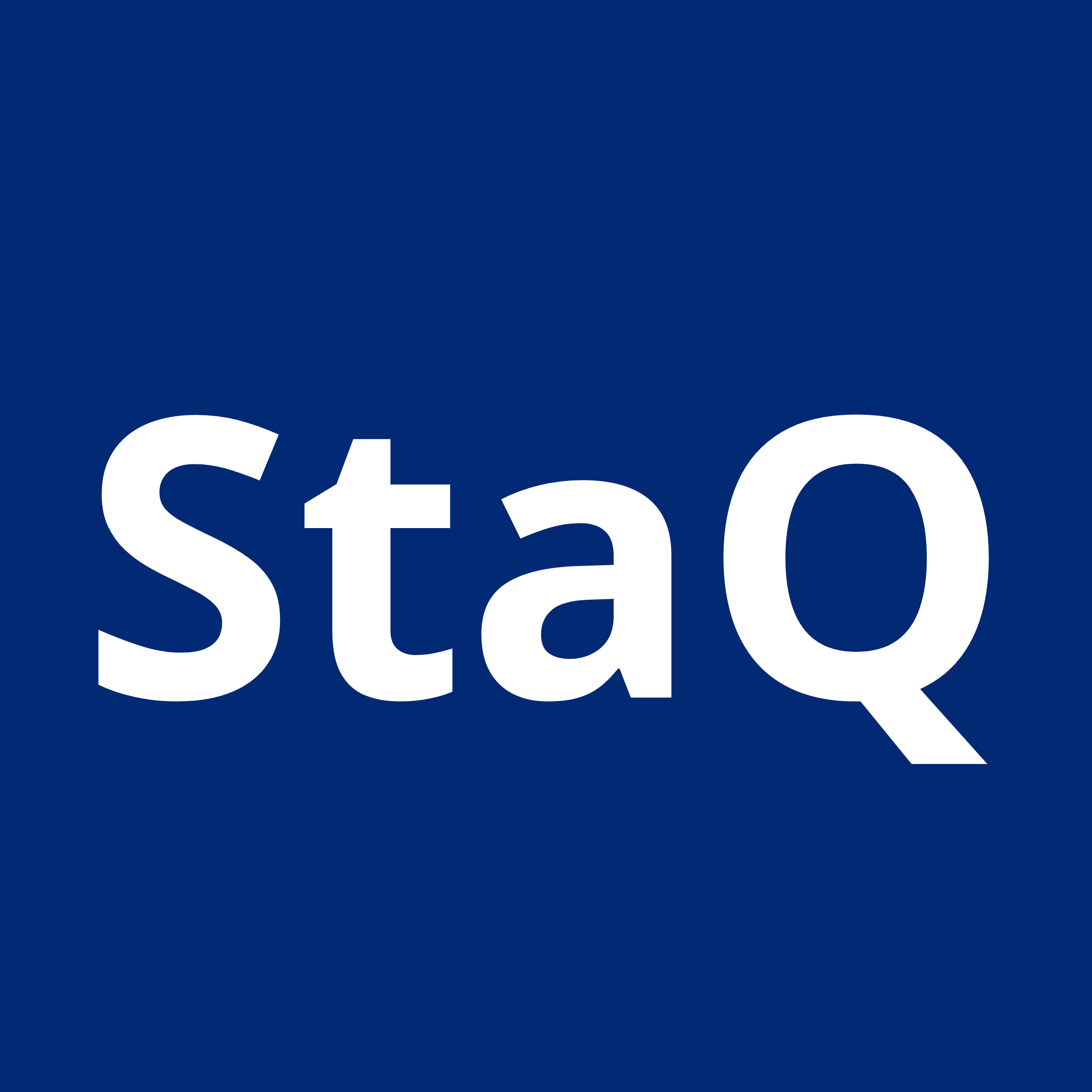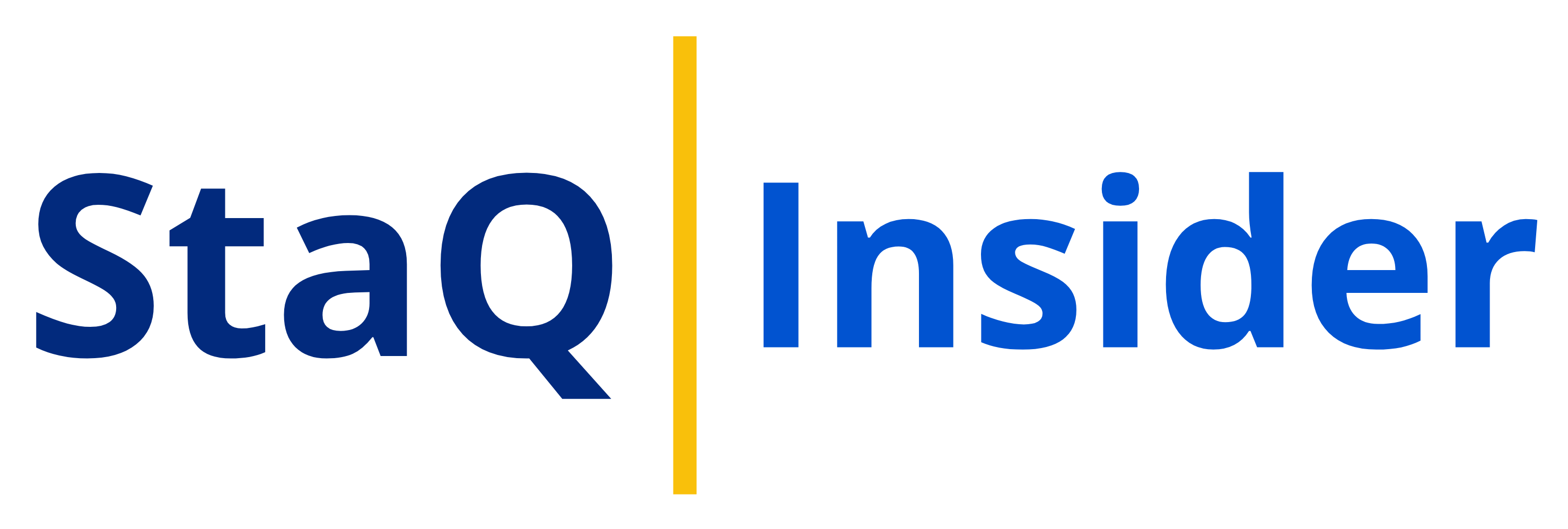Looking to supercharge your brand’s connection with customers? An online community platform is a surefire way to foster engagement, build loyalty, and drive business growth. By bringing like-minded individuals together, you create a space for valuable feedback, word-of-mouth promotion, and a deeper understanding of your audience’s desires.
So, get ready to dive deep as we explore the top 10 online community platforms that could revolutionize how you interact with your audience!
What is an Online Community Platform?
An online community platform is a digital space where individuals with shared interests or goals can engage, share content, and participate in meaningful discussions. These platforms provide a dedicated online space for members to connect, collaborate, share ideas, and interact with each other, fostering a sense of belonging and community.
Online community platforms typically offer features:
-
Forums, message boards, and chat rooms for discussions
-
Social networking tools to interact and build connections
-
Content-sharing capabilities (text, images, videos, etc.)
-
Collaboration utilities like document sharing, calendars, etc.
Online community platforms serve various purposes too:
-
Businesses use them to foster customer relationships, gather feedback, and build loyalty
-
Non-profits/interest groups unite advocates, volunteers, and enthusiasts
-
Facilitates knowledge sharing, networking, and collective growth
-
Can be open to the public or restricted to specific groups/organizations
The core purpose is to provide a centralized digital hub where like-minded individuals can communicate, access resources, and participate in activities related to their common interests or objectives.
How do Online Community Platforms Differ From Social Media Platforms?
Social media platforms are like giant digital cities – bustling with everyone and everything. You connect with friends, family, acquaintances, and even celebrities. Content is all over the place, and algorithms try to show you what they think you’ll like.
Online community platforms are more like specialized clubs. Everyone there shares a common interest, creating a focused and engaged environment. Think discussions, shared knowledge, and a stronger sense of belonging. These platforms often have features specifically designed to foster deeper connections and collaboration.
What is the Importance of Online Community Platforms for Businesses?
Online community platforms offer significant importance and benefits for businesses:
-
Customer Support & Feedback:
-
Provide efficient customer service and support channels
-
Gather valuable feedback, ideas, and suggestions directly from customers
-
Build stronger customer relationships and loyalty
-
-
Brand Engagement & Advocacy:
-
Foster connections and engagement among a brand’s customer base
-
Cultivate brand advocacy, word-of-mouth marketing, and loyalty
-
Understand customer needs and desires for products/services
-
-
Partner & Employee Collaboration:
-
Connect with partners, resellers, and affiliates for training and co-marketing
-
Enable internal employee communication, knowledge sharing, and engagement
-
Distribute resources, and facilitate collaboration across teams/locations
-
-
Developer Community:
-
Engage with developer communities for support and feedback
-
Provide tools, resources, and platforms for open innovation
-
Drive adoption of APIs, SDKs, and other developer offerings
-
-
Overall Benefits:
-
Gain insights into target audiences to improve offerings
-
Increase efficiency in support, marketing, and innovation
-
Build brand reputation, trust, and competitive advantage
-
Drive customer satisfaction, retention and revenue growth
-
By leveraging online communities, businesses can tap into the voice of their key stakeholders, crowd-source ideas, and nurture relationships – ultimately leading to better products, services, and long-term success.
What should you look for in an Online Community Platform?
Several key features and considerations are crucial for creating a thriving and engaging community. Here are the essential elements to look for:
-
Ease of Use:
-
A user-friendly interface for both administrators and members is crucial.
-
Simple navigation, intuitive features, and a clean design will keep members engaged and coming back for more.
-
-
Engaging Features:
-
Look for features that encourage interaction and knowledge sharing, such as discussion forums, chat rooms, and content creation tools.
-
Polls, quizzes, and live streams can also add a fun and interactive element to your community.
-
-
Content Management:
-
The platform should allow you to easily upload, share, and manage different types of content, like articles, videos, and images.
-
Content moderation tools are also essential for maintaining a safe and positive online environment.
-
-
Member Management:
-
Robust member management features allow you to create user profiles, segment your audience, and assign different levels of access.
-
This helps personalize the experience for your members and fosters a sense of belonging.
-
-
Analytics and Reporting:
-
Track key metrics like user engagement, content performance, and member growth to understand what’s working and what’s not.
-
Data-driven insights will help you optimize your community strategy and keep it thriving.
-
-
Integrations:
-
The ability to integrate with your existing marketing, CRM, and support tools can streamline your workflow and provide valuable data for a holistic view of your customer interactions.
-
-
Security and Scalability:
-
Choose a platform that prioritizes data security and offers robust measures to protect your members’ information.
-
The platform should also be scalable to accommodate your growing community.
-
-
Customization:
-
The ability to customize the look and feel of your community platform to match your brand identity is essential.
-
This helps create a cohesive online experience for your members.
-
-
Mobile Accessibility:
-
In today’s mobile-first world, ensure your chosen platform offers a seamless mobile experience for your on-the-go community members.
-
-
Community Management Tools:
-
Look for features that empower you to manage your community effectively, such as member moderation tools, automated notifications, and reputation management options.
-
By prioritizing these features, you can select an online community platform that empowers you to build a thriving online space, cultivate stronger relationships with your customers, and achieve your business goals.

Top 10 Online Community Platforms for Building Brand Communities:
Here are 10 of the best online community platforms to help you start your own business community!
-
BuddyBoss:
-
Platform: WordPress Plugin (https://www.buddyboss.com/)
-
Key Features: Integrates seamlessly with WordPress sites, offers member profiles, groups, forums, gamification.
-
Best For: Existing WordPress sites looking to add a community element.
-
Pricing: Starts at $228/year.
-
Pros: Easy setup, gamification features boost engagement.
-
Cons: Limited customization compared to standalone platforms.
-
-
Mighty Networks:
-
Platform: Dedicated community platform (https://www.mightynetworks.com/)
-
Key Features: Content creation tools, courses, events, groups, analytics.
-
Best For: Businesses offering memberships, courses, or exclusive content.
-
Pricing: Starts at $25/month.
-
Pros: All-in-one platform with monetization features, good analytics.
-
Cons: Less flexible for highly customized communities.
-
-
Slack:
-
Platform: Team communication platform (https://apps.apple.com/us/app/slack/id618783545)
-
Key Features: Channels for topic-based discussions, file sharing, integrations with many tools.
-
Best For: Internal communication, project management, and smaller, focused communities.
-
Pricing: Free plan with limited features, paid plans start at $6/month per user.
-
Pros: Real-time chat, integrations with various productivity tools.
-
Cons: Not ideal for large public communities, limited content management features.
-
-
Discord:
-
Platform: Chat platform for gamers and enthusiasts (https://discord.com/)
-
Key Features: Voice & video chat, persistent chat channels, custom roles & permissions.
-
Best For: Gaming communities, real-time discussions, and highly engaged groups.
-
Pricing: Free, optional premium features like server boosts.
-
Pros: Excellent real-time communication features, strong user base in certain niches.
-
Cons: Lacks content management features, can feel cluttered for non-gamers.
-
-
Facebook Groups:
-
Platform: Social media platform (https://www.facebook.com/)
-
Key Features: Free to use, large user base, basic group management tools.
-
Best For: Building brand awareness, reaching a broad audience, and casual community interaction.
-
Pricing: Free.
-
Pros: Easy setup, massive user base, familiarity for many users.
-
Cons: Limited control over branding, privacy concerns, algorithm can limit reach.
-
-
Discourse:
-
Platform: Open-source forum software (https://www.discourse.org/)
-
Key Features: Powerful forum discussions, extensive moderation tools, integrations.
-
Best For: In-depth discussions, knowledge sharing, and technically-savvy communities.
-
Pricing: Self-hosted (free) or paid cloud plans starting at $100/month.
-
Pros: Highly customizable, strong moderation features, good for text-heavy discussions.
-
Cons: Steeper learning curve for setup and management, less intuitive for non-technical users.
-
-
Vanilla Forums:
-
Platform: Open-source forum software (https://open.vanillaforums.com/)
-
Key Features: Flexible themes, powerful search & moderation tools, reputation system.
-
Best For: Established communities seeking extensive customization and feature control.
-
Pricing: Self-hosted (free) or paid cloud plans starting at ~$49/month.
-
Pros: Highly customizable, active developer community, good for long-term communities.
-
Cons: Requires technical knowledge for self-hosting, less intuitive than some platforms.
-
-
Circle.so:
-
Focus: Simplicity and member engagement (https://circle.so/)
-
Key Features: Discussion posts, courses, live streams (coming soon), group & direct messaging (limited), events, well-organized topic structure.
-
Best For: Creators and businesses who prioritize member experience and clear communication within their community.
-
Pricing: Free plan with limited features, paid plans start at $39/month.
-
Pros: Easy to use, promotes high engagement with focused discussions, good for building courses and memberships.
-
Cons: Lacks some advanced features like mobile app and extensive live streaming (currently).
-
-
Tribe.so (Previously Bettermode):
-
Focus: Customization and all-in-one features (https://appsumo.com/products/tribe/)
-
Key Features: Highly customizable branding, content creation tools, courses, events, analytics, built-in chat functionality (missing in Circle).
-
Best For: Businesses looking for a feature-rich platform with a strong visual identity and built-in monetization options.
-
Pricing: Free plan with limited features, paid plans start at $83/month (more expensive than Circle).
-
Pros: Extensive customization options, all-in-one approach with chat and content creation, good for building branded communities.
-
Cons: Steeper learning curve due to more features, potentially higher cost compared to Circle.
-
-
Hivebrite:
-
Focus: An all-in-on option for building brand community (https://hivebrite.io/)
-
Key Features: Branded community portal, member profiles, discussions, events management, gamification, analytics, integrations.
-
Best For: Organizations of all sizes looking for a versatile platform to manage alumni networks, professional communities, or supporter groups.
-
Pricing: Custom quotes based on features and user base.
-
Pros: Highly customizable, powerful engagement tools, comprehensive management features, strong analytics.
-
Cons: May require more investment compared to some options, pricing structure might be less transparent.
-
Each platform has its strengths and pricing structures, so choosing the best one depends on the specific requirements of your brand community.

5 Free Online Community Platforms For Growing Businesses
While paid platforms offer robust features and customization options, there are several free alternatives that can provide a solid foundation for your community-building efforts. Here are 5 free online community platforms for businesses to consider:
-
Discord: A popular free platform that offers features like voice and text channels, file sharing, and server customization. It is widely used by gaming communities but can also be leveraged by businesses.
-
Reddit: The largest online community platform with over 100,000 active subreddits (communities). Businesses can create their own subreddit to engage with customers and enthusiasts.
-
Facebook Groups: Facebook’s built-in community feature allows businesses to create private or public groups to foster discussions, share content, and interact with their audience.
-
LinkedIn Groups: LinkedIn’s community feature enables businesses to create industry-specific groups to network, share insights, and engage with professionals.
-
WhatsApp Groups: The messaging app WhatsApp offers group chat functionality that businesses can utilize to create private communities and communicate with customers or employees.
It’s important to note that while these platforms are free to use, some may have limitations or offer paid plans with additional features. Businesses should carefully evaluate the features and limitations of each platform to determine the best fit for their specific needs and goals.
What Makes an Online Community Successful?
A thriving online community isn’t just about having a bunch of people in a virtual room. It’s about fostering genuine connection, providing value, and keeping members engaged. Here are some key ingredients for a successful online community:
-
Clear Purpose: Attract the right people and set the tone.
-
Valuable Content: Give members a reason to stay and engage.
-
Active Participation: Encourage discussions, polls, and responses.
-
Welcoming Atmosphere: Create a safe and inclusive space.
-
Community Management: Moderate discussions and recognize contributions.
-
Member Recognition: Appreciate participation and valuable input.
-
Right Platform: Choose one that fits your needs and audience.
-
Continuous Improvement: Adapt based on feedback and keep things engaging.
Ready to confidently launch your online community platform? Begin by selecting the ideal platform for your needs, establishing your brand’s presence, tailoring it to your audience, and crafting compelling content. Finding the right platform is crucial, and StaQ.ai can assist you in discovering one that fosters connections, adds value, and serves as a valuable asset for your brand or organization. Level Up Your Brand with a Killer Community!




